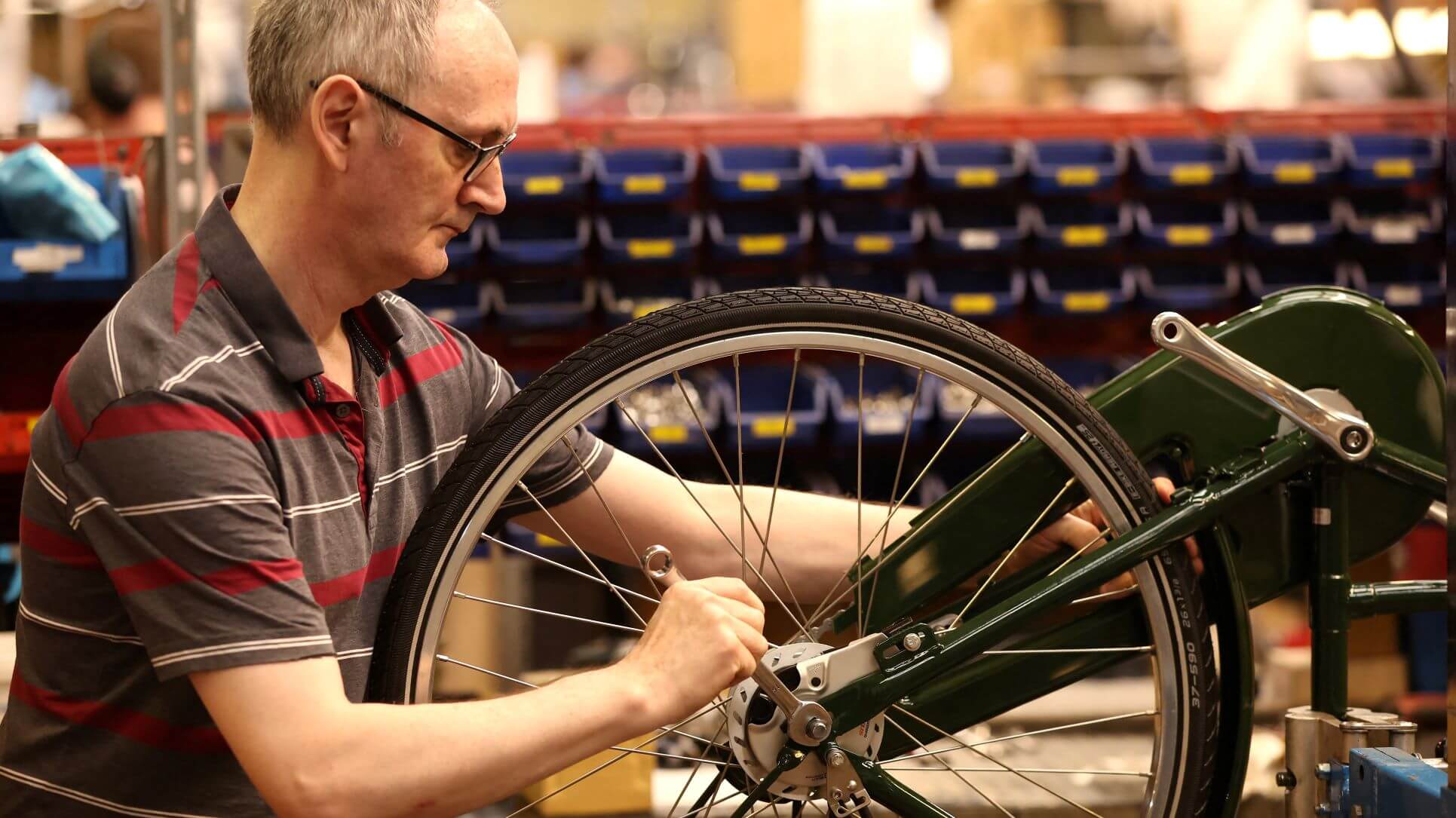How To Build Confidence
Confidence is the key to doing more and achieving your goals, so how do you get it?

Do you feel that life would improve for you if you had more confidence and self-esteem? When you’re confident and have good self-esteem, you believe in yourself; your decisions, your actions and your abilities.
You face life with optimism; you believe that you can cope with challenges and difficulties and that events are likely to turn out well. You value yourself and feel good about yourself. You feel at ease around other people; able to join in, speak up and speak out.
It’s a positive dynamic: learn to be more confident in one situation and you’ll find it boosts your confidence and self-esteem in other situations; at work, in public, with family and friends and in social situations.
Confidence is life’s enabler; life really does improve as your self-confidence and self-esteem grow. So, clearly, confidence is something that’s worth pursuing. But how do you begin to improve your confidence?
Confidence and self-esteem aren’t fixed, they increase and decrease according to the ups and downs you experience in life. Although the way other people treat you and behave towards you has an effect on your confidence, other people can’t force you to be confident and feel good about yourself.
You have to take responsibility and be prepared to work at developing and maintaining your confidence and self-esteem. It’s not about becoming a different person; it’s about becoming more of the real you!
Understanding confidence
Confidence is a belief that something can and will happen. You may be confident that your team will win. You could be confident the train will arrive on time. Whether the team does actually win or the train does arrive on time is another matter!
Self-confidence is believing that you can do things.
Self-confidence is not about what you can or can’t do. It’s what you think and believe you can or can’t do. You might believe that you can sky-dive or pass an exam. Whether, when the time comes, you can jump out of the plane or pass the exam is also another matter!
When you’re feeling confident, you have a positive attitude towards yourself and your abilities and you believe that events and experiences are likely to turn out well. But when you’re not feeling confident, you’re likely to believe that things will turn out badly.
And because you believe things won’t turn out well, you often feel that there’s no point in even trying.
Furthermore, you only see or even look for evidence that confirms that you can’t do something while avoiding or ignoring evidence that, actually, you could do something.
So if you weren’t feeling confident about passing your driving test, you’d focus on the weaker aspects of your driving abilities – reverse parking or three-point turns – as evidence that you weren’t going to do well.
And, when setbacks do occur, if you lack confidence you’re likely to feel discouraged and give up. Whereas if you’re feeling confident, you’re able to work at overcoming the difficulties, believing that things can get better.
In Practice
Be more aware of how you think and what you do. When you’re lacking confidence in a particular situation, what are you thinking? Do you think things like, ‘I can’t do it’ and ‘This is going to be so difficult’?
Do you tell yourself, ‘It’s not going to turn out well – it’s going to go wrong’? Do you avoid taking part in or back out of events and situations because you think you’re going to feel awkward or fail?
What about when you are feeling confident? What thoughts pass through your head? Do you think things like, ‘I can do this’, ‘I’m looking forward to this’ or ‘Things will work out fine’? Do you tell yourself ‘If things don’t work out, I’ll be able to deal with it’? Maybe, when you’re feeling confident you don’t even give it any thought – you just get on with doing it.
Identify the evidence. Think of something you would you like to do but don’t have the confidence. For example, you might want to learn a new skill, start your own business or go to a social event.
Don’t believe you can do it? How do you know you can’t do it? Write down the evidence – the reasons why you think you can’t do it. Now write down the evidence – the reasons – that maybe you could do it.
Which would be more helpful for you to believe – the evidence you could do it, or the evidence that you couldn’t do it? Remember: confidence is not what you can or can’t do, it’s what you think and believe you can or can’t do.
Understanding self-esteem
Just as your self-confidence is affected by what you believe about yourself, so is your self-esteem. Confidence rests on what you believe about your abilities. Self-esteem rests on what you believe about your worth and value as a person.
Confidence and self-esteem influence each other. If, in a variety of situations, you don’t have confidence – if you don’t believe you are capable of doing something – you may also feel bad about yourself; about your perceived inability to do something.
You’ll have low self-esteem. When your self-esteem is low, you see yourself in a negative and critical light; you see or even look for evidence that confirms that you’re not a worthy person while ignoring evidence that you have worth and value.
You’ll also feel less able to take on the challenges life throws at you, and that just undermines your self-esteem further and you feel bad again. It’s a negative dynamic.
On the other hand, building your confidence helps you feel good about yourself. And if you feel good about yourself, you feel more confident about your abilities and life in general. It’s a positive dynamic; a win-win situation.
Are you born with self-esteem? Not exactly. You’re born with the ability to think and therefore to judge your worth and value; to feel good, bad or somewhere in between about yourself.
As you live your life, what happens to you – your experiences, what you do and don’t do, and how other people treat you and behave towards you – will influence your self-esteem, for better or worse.
In Practice
The judgements and opinions you have of yourself reflect your levels of self-esteem. Read the statements below. Tick each one you think is true about the way you think.
· I think I’m as good and likeable as other people.
· If I do well at something I feel pleased with myself.
· If someone criticises me I deal with it and then move on. I don’t let it knock me back too much.
· I can say no to others’ needs and demands – especially if they’re unreasonable.
· I think most people I know like me and think I’m a good person.
· I don’t let others treat me unfairly.
· I feel that my opinions and needs matter as much as anyone else’s.
· If I make a mistake I don’t think I’m completely hopeless.
· I don’t avoid taking part in things because I feel I’m not good enough.
· I think I have several good qualities.
· I think I am as deserving of respect and happiness as anyone else.
· I have achieved things that I feel proud of.
· I don’t constantly need others’ approval.
The fewer statements you ticked, the more likely it is that you have low self-esteem. The good news is that you can develop new, positive ways of seeing yourself and your abilities!
This is an edited extract from Confidence Pocketbook: Little Exercises for a Self-Assured Life, by Gill Hasson (published by Capstone, A Wiley Brand, July 2017).
Thanks for signing up to Minutehack alerts.
Brilliant editorials heading your way soon.
Okay, Thanks!



